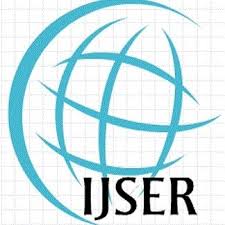
Estimating Vehicular Emissions From Auto Rickshaws Plying in Bengaluru
Publication Year: 2018
Author(s): Thakur P, Pal S
Abstract:
In Indian metropolitan cities, rising vehicle pollution has caused serious health hazards, with Bengaluru being one of the major victims. The emissions from vehicles depend primarily on the type of fuel and the technology of the vehicle. The objective of this research paper is to estimate the vehicular emissions in form of carbon dioxide (CO2), particulate matter 10 (PM10) and nitrogen oxide (NOX) emitted by the auto rickshaws plying in Bengaluru city and recommend policy based solution based upon the estimated alternative scenarios. As the Government of Karnataka is planning banned the 2-stroke autos, the paper estimates the reduction in vehicular emissions caused ban as the business- as- usual scenario. To meet the demand-supply alternative scenarios are developed in alignment of the Government policies and it has been recommended a rather than replacing the 2-stroke auto rickshaw fleet with the 4 – stroke auto rickshaws which will increase the NOx emitted and nullify the objective of ban. A phase wise shift to electric auto rickshaws should be implemented which will help in achieving the objective of reducing vehicular emissions and would smoothen the implementation process.
Source of Publication: International Journal of Scientific & Engineering Research
Vol/Issue: 9(5):2241-2245p.
DOI No.: DOI:10.14299/ijser.2018.05.04.
Country: India
Publisher/Organisation: International Journal of Scientific & Engineering Research (IJSER)
Rights: International Journal of Scientific & Engineering Research (IJSER)
Theme: Sustainable transportation | Subtheme: Environment Impact
Related Documents
Research Papers/Articles
Indian EV Drive: China in the Driver’s Seat?
Published Year: 2020
Abstract:
Electric Vehicles (EVs) are poised to take center stage in the impending transformation of the... Read More
Policies/Regulations
Abstract:
In order to attract increased investments in charging infrastructure, policy interventions are... Read More



